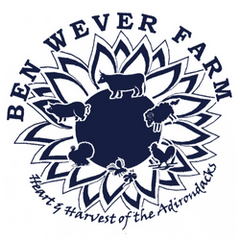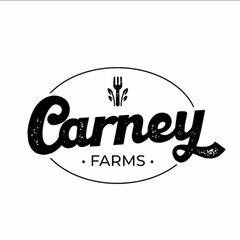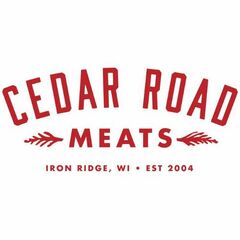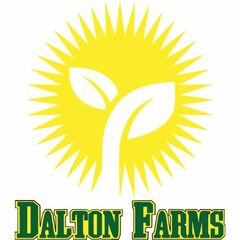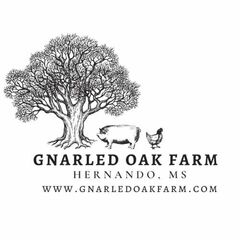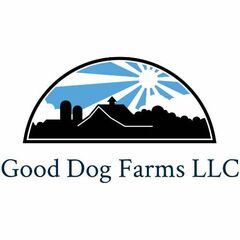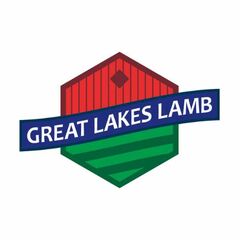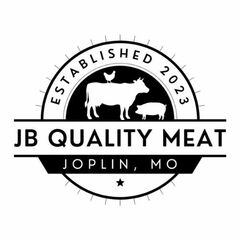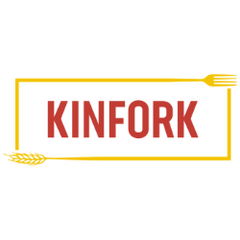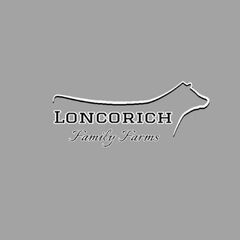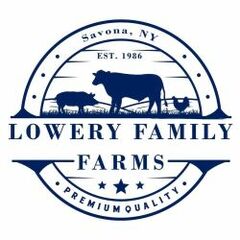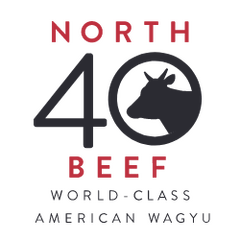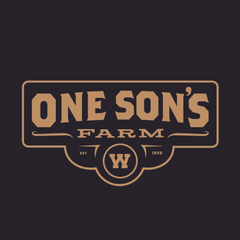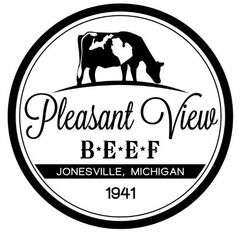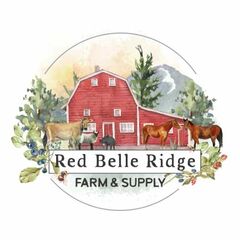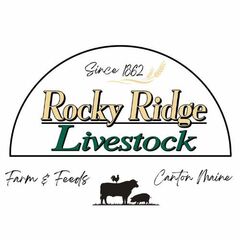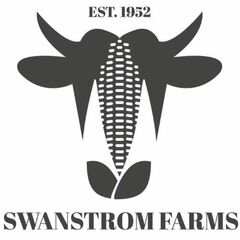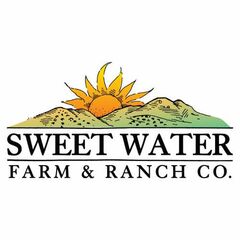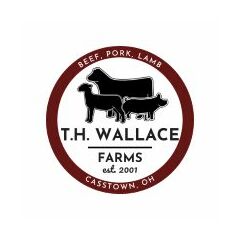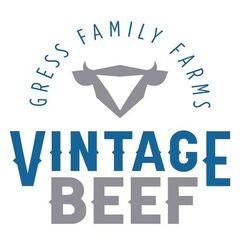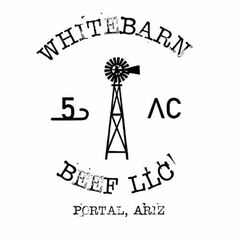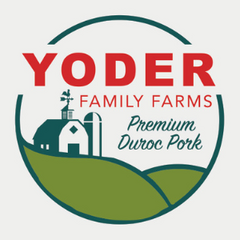Orders over $75 ship free from farms & butchers in your region!
Enter your zip code for the most accurate shipping info! Some exclusions may apply.
Farm-to-Table Meat: From Pasture to Plate
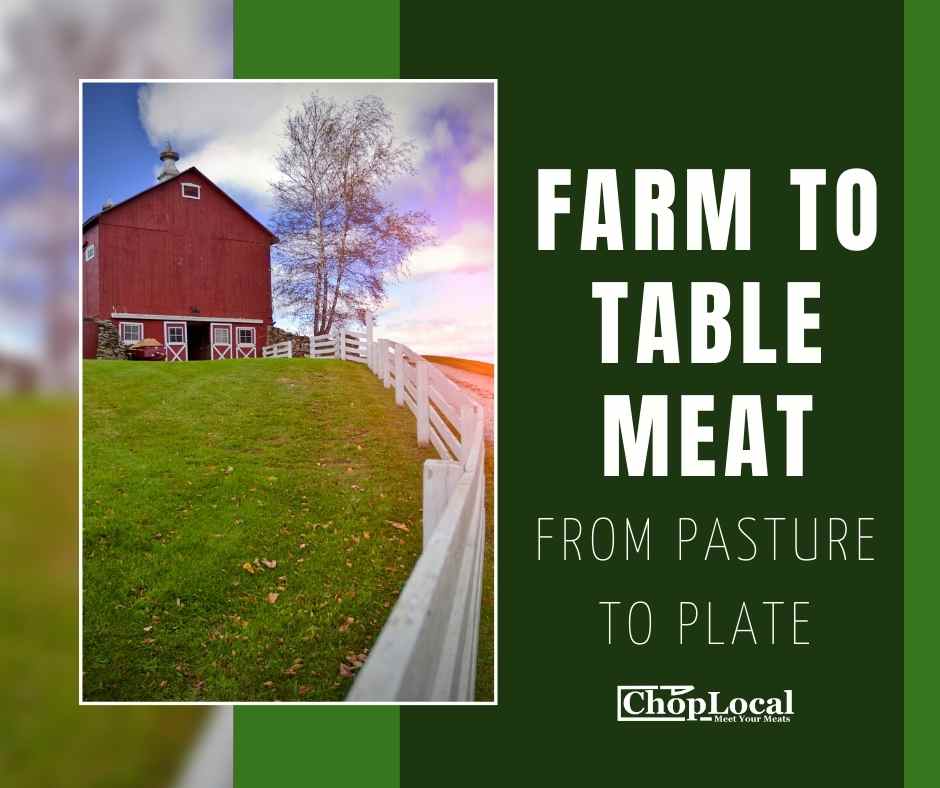
Farm-to-table meat is a concept that emphasizes a direct and transparent supply chain from the farm where animals are raised to the plates of consumers. It's a movement that prioritizes local and sustainable agriculture, ethical animal treatment, and minimal environmental impact. This approach seeks to bridge the gap between producers and consumers, offering fresher, higher-quality meat while promoting responsible and conscientious food practices.
ChopLocal works directly with farmers and small processors to offer farm-to-table meat online, with benefits to the farmers, processors and consumers.
Benefits of Farm-to-Table Meat
1. Sustainable Farming Practices
Farm-to-table meat begins with the farmers themselves. In this model, farmers focus on sustainable and ethical practices that prioritize the well-being of animals, the land, and the ecosystem. Animals are often raised in free-range or pasture-based environments, allowing them to exhibit natural behaviors and reducing stress.
2. Ethical Animal Treatment: Farm-to-table meat production places a strong emphasis on the ethical treatment of animals. Animals are provided with space to roam, access to fresh air and sunlight, and proper diets that mimic their natural diets.
3. Local Sourcing: Proximity is key in the farm-to-table model. By sourcing meat locally, the need for extensive transportation is minimized, reducing the carbon footprint associated with long-distance shipping. Local sourcing also fosters a connection between consumers and their local agricultural community.
4. Minimal Processing: Farm-to-table meat usually involves minimal processing. This means that the meat is often fresher and retains more of its natural flavor and nutritional value. This approach may lead to fewer additives and preservatives being used compared to industrial meat processing.
5. Transparent Supply Chain: Transparency is a fundamental principle of farm-to-table meat. Consumers are increasingly concerned about knowing where their food comes from and how it's produced. With farm-to-table meat, consumers can often trace the origin of their meat back to the specific farm it came from, promoting trust and accountability in the food system.
6. Direct-to-Consumer Sales: In many farm-to-table setups, meat is sold directly to consumers through various channels, such as farmers' markets, local butcher shops, or even online platforms like ChopLocal. This direct-to-consumer approach eliminates middlemen, enabling farmers to receive a fairer share of the profits.
7. Environmental Considerations: Farm-to-table meat production is often more environmentally friendly than large-scale industrial farming. By focusing on local sourcing, ethical animal husbandry, and sustainable practices, the carbon footprint and environmental impact of the meat production process are reduced.
8. Community and Economy: Embracing farm-to-table meat supports local economies and communities. Farmers who adopt these practices often collaborate with nearby businesses, strengthening the fabric of the community and contributing to its growth.
While the farm-to-table meat movement offers numerous benefits, it's important to note that implementing these practices can be more labor-intensive and potentially costlier for both farmers and consumers. However, many believe that the higher costs are justified by the improved quality of the meat, the ethical considerations, and the positive impact on local communities and the environment.
In essence, farm-to-table meat exemplifies a holistic approach to food production and consumption—one that strives to uphold values of sustainability, transparency, and responsible stewardship of the land and its resources.
Order your farm-to-table meat through ChopLocal today!


